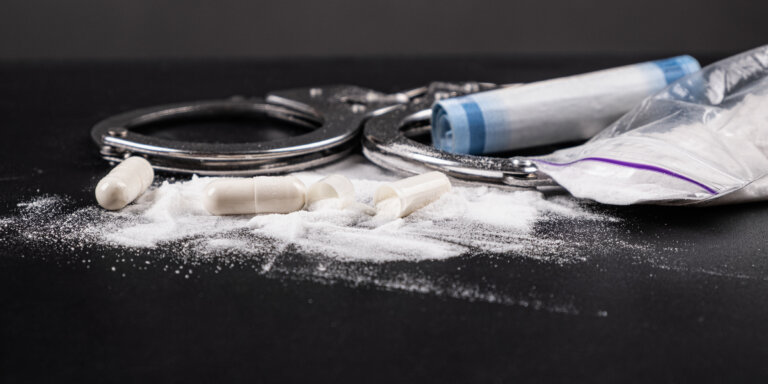Facing a first-time drug possession charge can be an overwhelming and uncertain experience. Therefore, it is crucial to familiarize oneself with the legal process and potential outcomes. By understanding the intricacies of drug possession charges and being aware of your rights, you can more effectively navigate the system. Obtaining strong legal counsel from Van Elswyk Law will give you the support you need to ensure your interests are being fairly represented.
Understanding Drug Possession Charges in Florida
Under Florida law, the definition of drug possession encompasses knowingly and intentionally having control or ownership of a controlled substance without a valid prescription. The term “possession” can be physical, where the drug is found on your person, or constructive, meaning the drug is within your control or in a location you have access to. It is important to note that if you are aware of the presence of the drugs and you could exercise control over them, you can be charged with drug possession.
Several factors can influence the severity of drug possession charges in Florida. The quantity and type of drugs involved play a significant role. Under Florida law, possession of certain controlled substances, such as cocaine, heroin, methamphetamine, and certain prescription medications, can be charged as felonies, even for first-time offenders.
The specific amount or weight of the drugs in possession may determine whether the offense is charged as a felony or a misdemeanor. Possessing larger quantities of controlled substances typically increases the likelihood of facing felony charges. Additionally, the presence of certain aggravating factors, such as possessing drugs near a school, park, or other designated areas, can lead to enhanced penalties. A person’s prior criminal record, particularly any prior drug-related offenses, can also impact the charges and potential penalties they face. It is crucial to consult a lawyer to understand how these factors may affect your specific case.
Arrest and Booking Process
When law enforcement officers apprehend you, they will inform you of the charges against you and will read you your rights, commonly known as Miranda rights. Following the arrest, you will be transported to a police station or county jail for the booking process. During booking, your personal information, such as name, address, and date of birth, will be recorded, along with details about the alleged offense. Additionally, your fingerprints, photograph, and any personal belongings will be collected. It is important to note that during the arrest and booking process, it is advisable to remain cooperative and compliant, refraining from making any self-incriminating statements.
Potential Legal Consequences
If convicted of drug possession in Florida, the severity of the charges and potential penalties depend on various factors. In general, drug possession charges can range from misdemeanor offenses to felony charges.
Misdemeanor charges, typically associated with possessing small amounts of certain controlled substances, can result in penalties such as probation, fines, community service, and mandatory drug education programs. On the other hand, felony charges can lead to more severe consequences, including substantial fines, lengthy prison sentences, and the loss of certain civil rights.
Pretrial and Court Process
Once you are facing a drug possession charge, you will navigate through the pretrial and court process, which involves several stages. Initially, a pretrial conference may take place where the prosecution and defense attorneys discuss the case, potentially exploring plea bargain options or setting a trial date. If a plea agreement is reached, it may involve admitting guilt to a lesser offense in exchange for reduced charges or penalties. However, if a plea agreement cannot be reached, the case will proceed to trial.
If you are found guilty, the court will proceed with sentencing. The judge will consider various factors, including the severity of the offense, any mitigating or aggravating circumstances, and your prior criminal history, if applicable. Sentencing options in Florida can range from fines and probation to imprisonment. In some cases, the court may also offer alternative sentencing programs, such as drug rehabilitation or diversion programs, as a means of addressing underlying issues related to drug possession. It is crucial to have competent legal representation throughout the pretrial and court process to ensure your rights are protected and to present the strongest possible defense.
Importance of Becoming Informed and Getting Representation
Navigating a first-time drug possession charge in Florida requires a thorough understanding of the legal process and the potential outcomes. While it may seem overwhelming, familiarizing yourself with Florida’s drug possession laws will allow you to make informed decisions and better prepare you for what lies ahead. In addition, having an experienced attorney on your side to help you through the process can make all the difference. Reach out to our office today to schedule a consultation.

